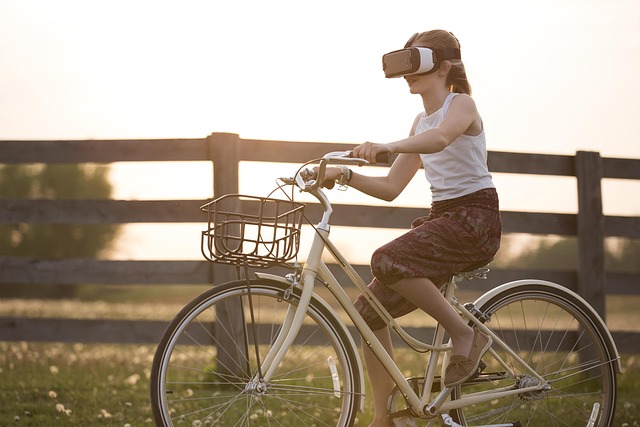Exploring the Future: Virtual Learning Development in Education
The landscape of education is undergoing a remarkable transformation with the advent of virtual learning development. As technology becomes increasingly woven into the fabric of our daily lives, the possibilities for educational experiences expand dramatically. Innovative tools such as virtual reality (VR) and augmented reality (AR), along with the concept of the metaverse, are paving the way for immersive learning experiences that were once confined to the realm of science fiction.
Virtual Reality: Immersing Students in New Worlds
Imagine stepping into an ancient civilization or exploring the depths of the ocean without leaving your classroom. Virtual reality allows educators to take students on extraordinary field trips to places they’ve only dreamed of visiting. This immersive experience encourages active participation and enhances retention of knowledge. With VR headsets, learners can engage with complex subjects in a way that is both interactive and memorable. Whether it’s dissecting a virtual frog in biology class or walking through the historical streets of ancient Rome in a history lesson, the potential is limitless.
Augmented Reality: Blending the Digital and Physical Worlds
The use of augmented reality in education introduces an exciting layer to conventional learning methods. With AR, digital information is superimposed onto the physical environment, allowing students to interact with their surroundings in new and exciting ways. For instance, a student studying the solar system can point their smartphone at a poster and see a 3D model of planets orbiting around the sun. This technology not only adds an engaging element to lessons but also caters to diverse learning styles, making complex concepts more accessible and enjoyable for all students.
The Metaverse: A Collaborative Learning Space
The concept of the metaverse represents the next frontier in education. Envision a virtual universe where students from around the globe gather to collaborate on projects, share ideas, and learn from one another. This digital ecosystem would break down geographical barriers, making it possible for learners to interact in real-time, regardless of their physical locations. In the metaverse, classrooms could take many forms, from historical reenactments to science labs, fostering collaboration and a sense of community that transcends traditional methods of learning.
The Human Experience Behind Virtual Learning
At the heart of virtual learning development lies a profound understanding of the human experience. Embracing these technologies allows educators to create a more engaging and dynamic learning environment. As students navigate through virtual worlds, they not only gain knowledge but also develop critical thinking, problem-solving, and collaboration skills—essential tools for the future.
The journey into virtual learning development is not without its challenges, but the potential rewards are immense. As we continue to innovate and adapt, the education sector stands on the brink of a new era; one where learning is not just a solitary endeavor but an immersive, collaborative, and transformative experience for all.



